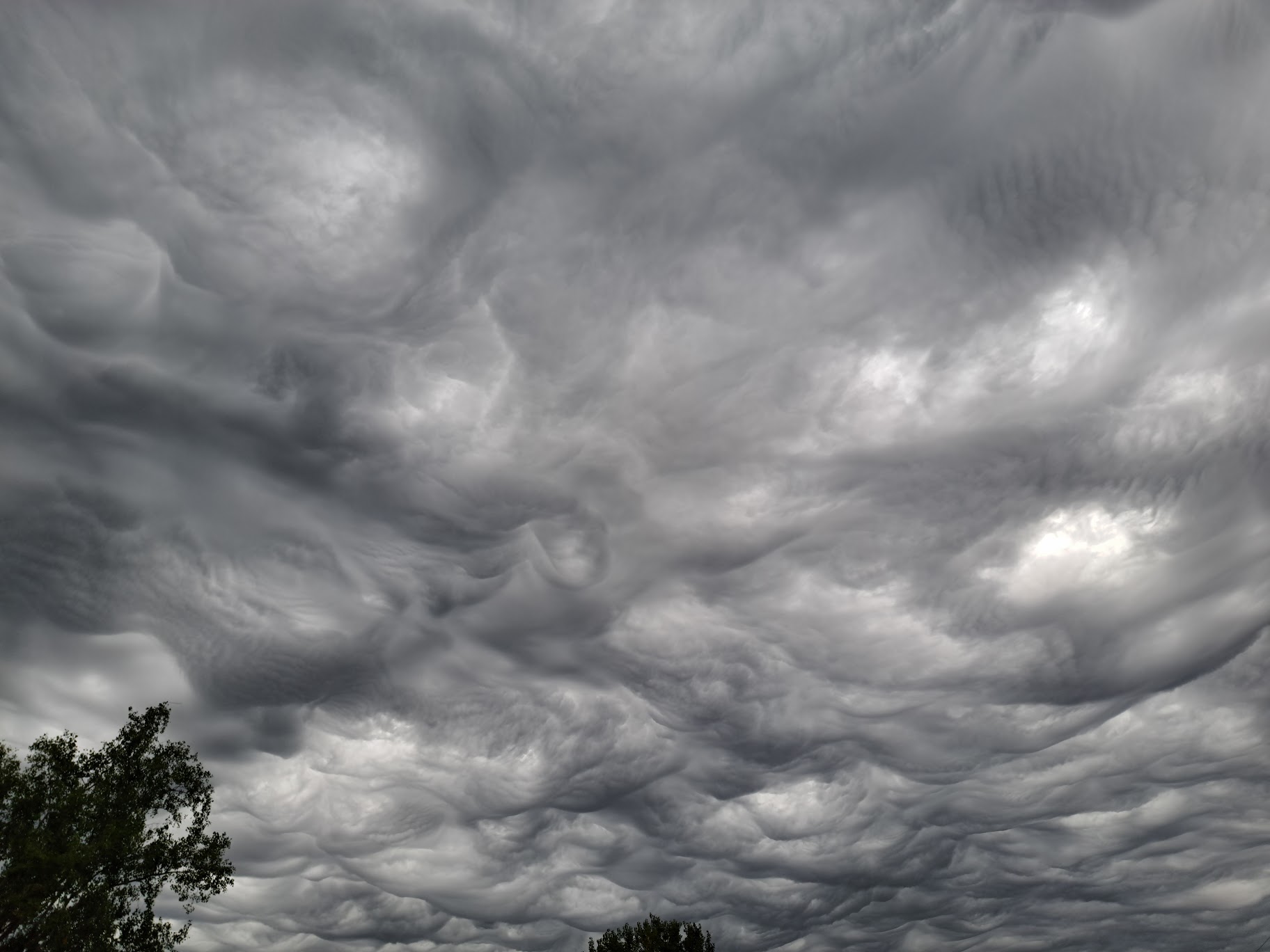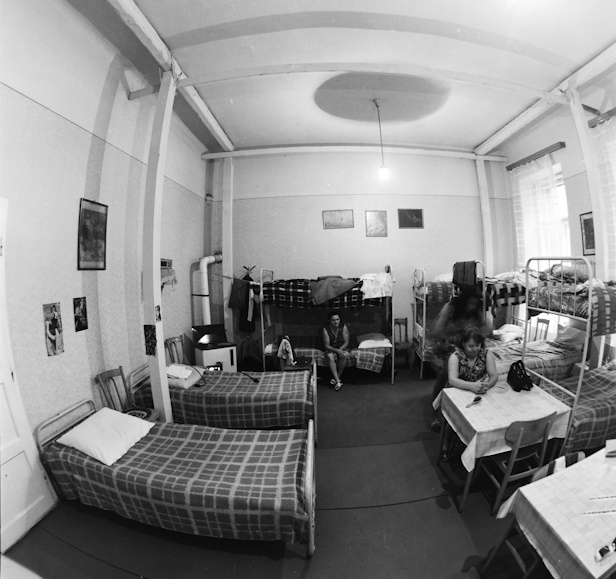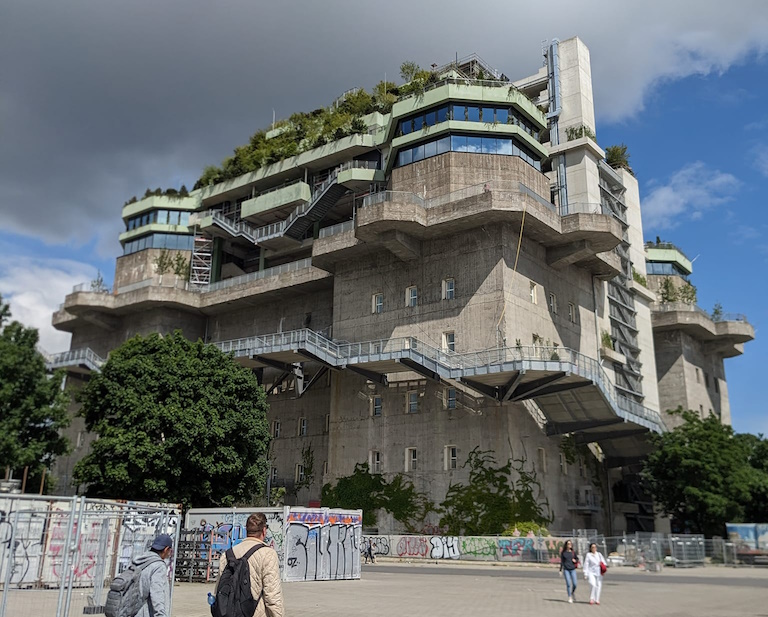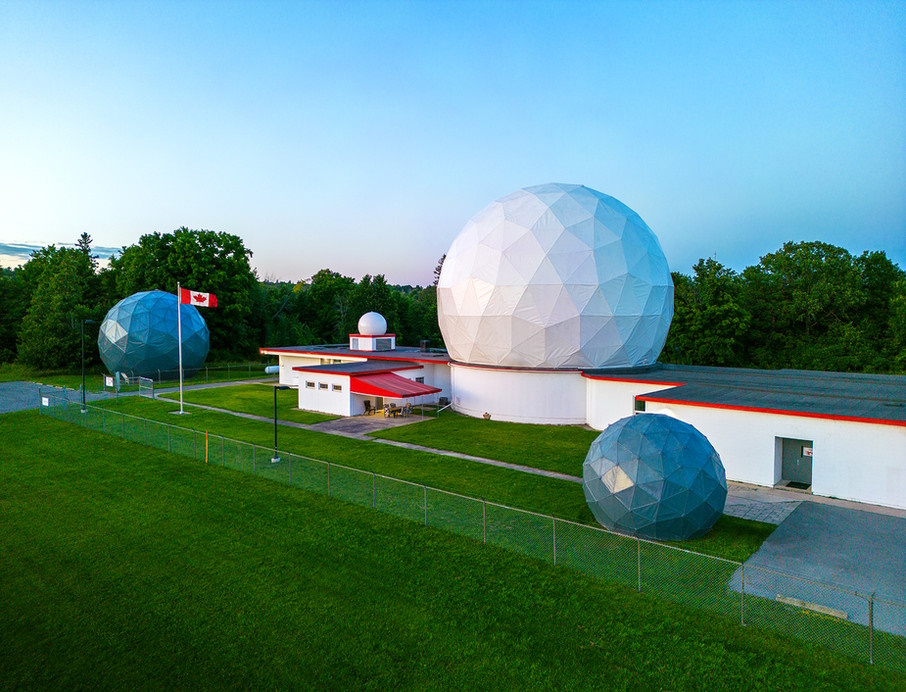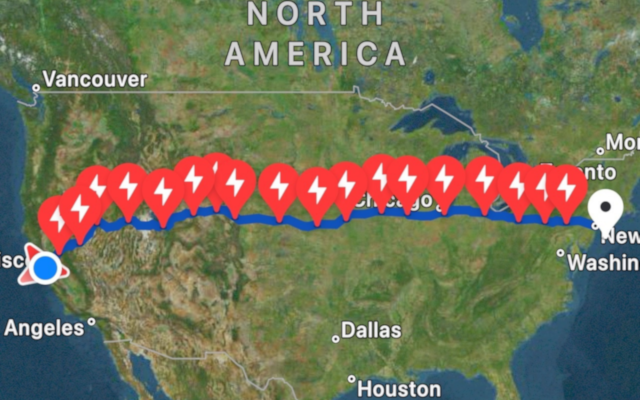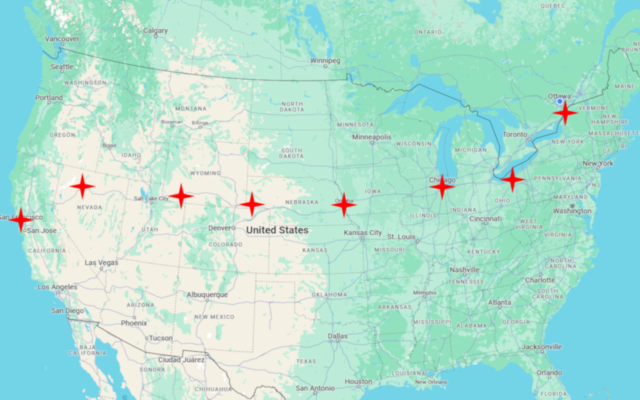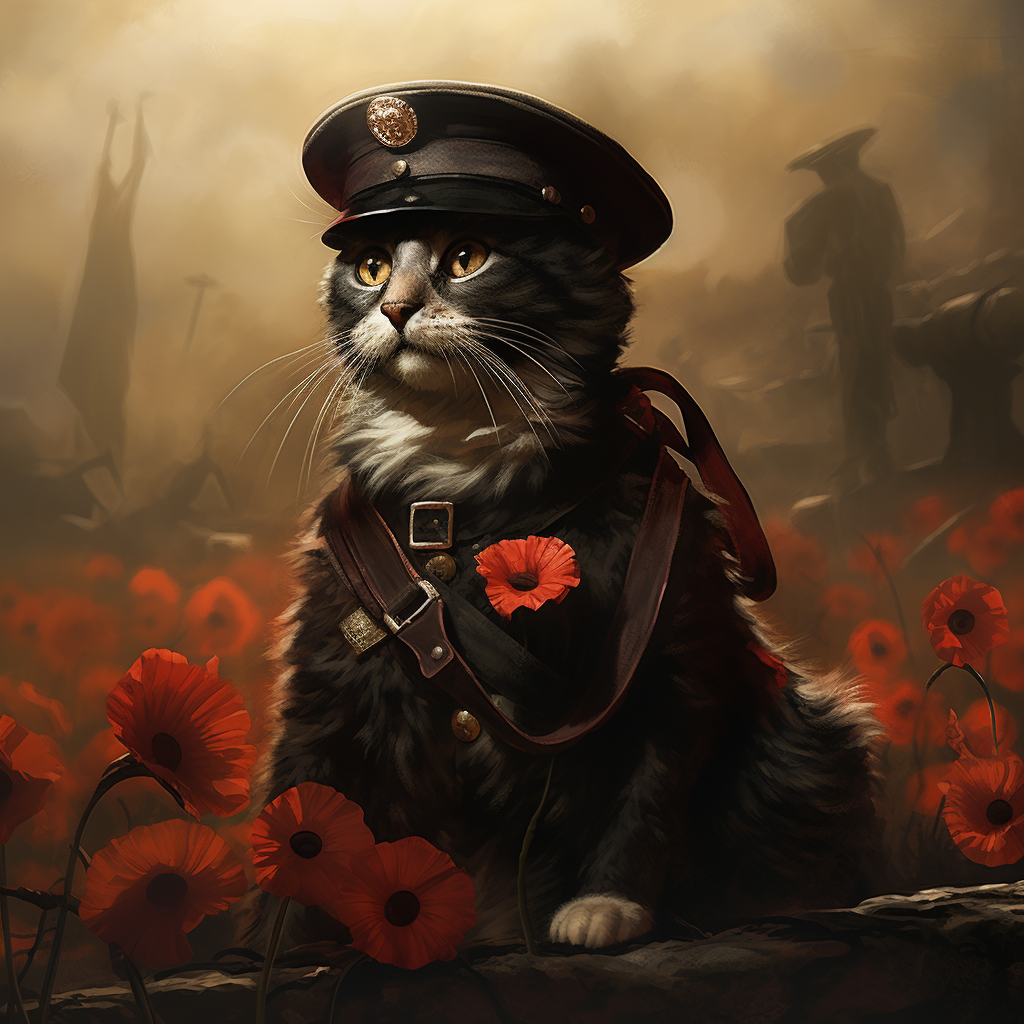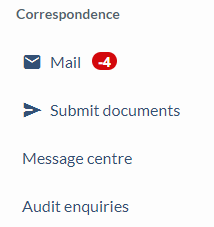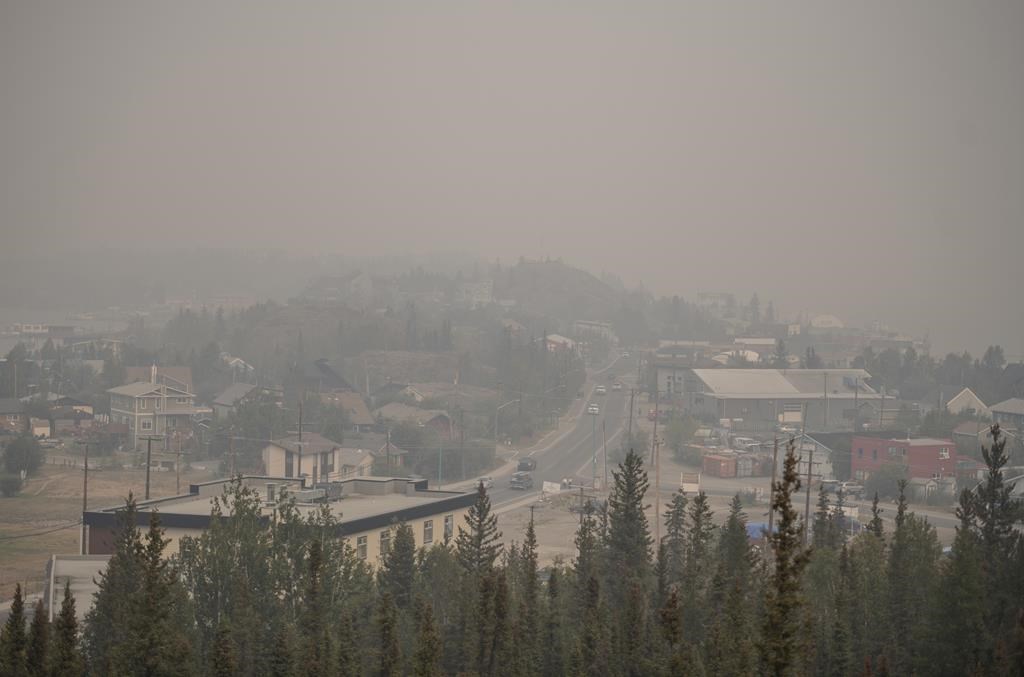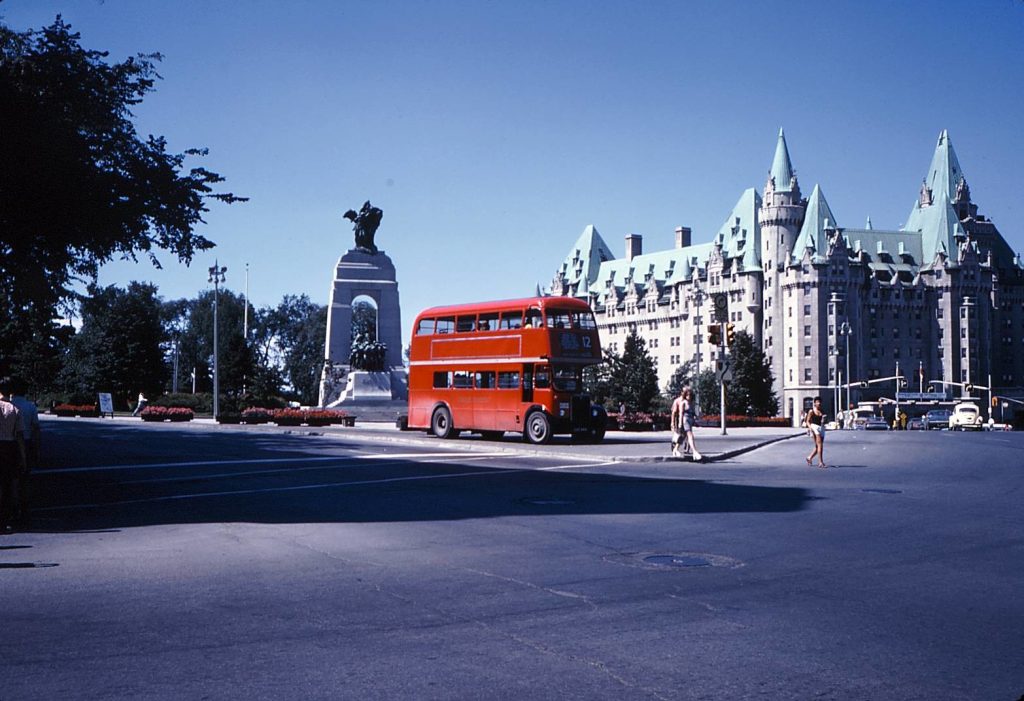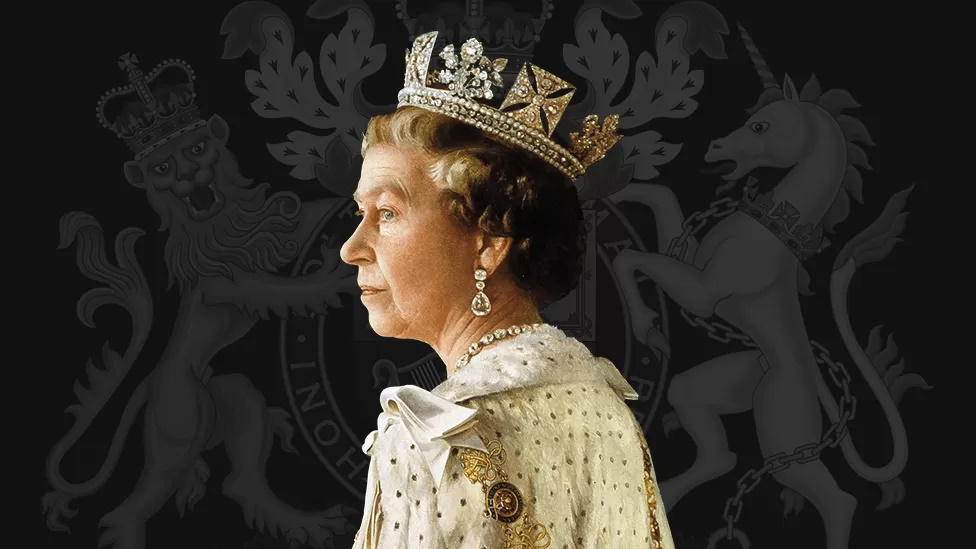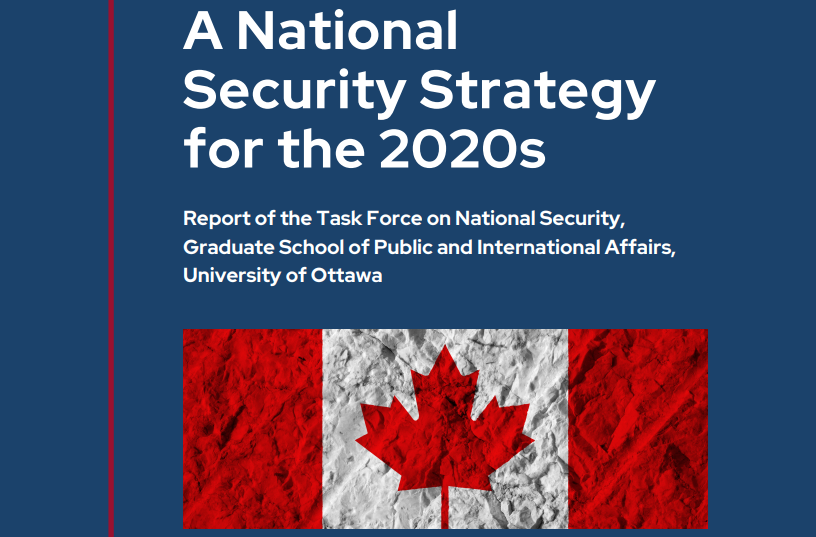I don’t much watch news channels anymore, but earlier today, I caught a fragment of a report arguing that voters are not rejecting the left because of the economy; that the shift to the right is occurring at a time when the economy is doing fairly well, and that there was no similar shift to the right during the last major economic crisis.
A few hours later (or maybe less) on the same channel I caught a fragment of a report about CEO pay here in Canada: for the top 100 (?) companies, it is now well over 200 times the average worker’s salary. The report pointed out that barely more than a decade ago, it was “only” a little over 100 times the average worker’s salary.
So perhaps, just perhaps, it’s the economy after all?

One of the better attempts by Midjourney
I mean, maybe the economy is doing great insofar as macroeconomic indicators are concerned. But we don’t live off macroeconomic indicators. We do not pay with macroeconomic indicators for groceries at Loblaws, nor do banks accept macroeconomic indicators in lieu of a mortgage payment. And it doesn’t matter if the economy is doing great overall, if rising inequality means the middle class is left behind.
And this is how we end up in dangerous times, in ways already well understood by Aristotle some 2600 years ago. The unhappiness is palpable. This drives people to political extremism. Yet all too often, those with the power to do something about it just congratulate themselves on an economy doing great, and express incomprehension when confronted with dissatisfied voters. Must be bad messaging, they say. Perhaps foreign interference. Stupid people falling for populism.
All of the above exists of course. But the root cause, I think, is much simpler: For most voters, the economy (the economy that they experience paycheck-to-paycheck, the economy they experience at the grocery store checkout counter, at the bank when trying to get a mortgage) is not doing great. In fact, it is doing terribly. And they are getting really pissed off about it. Which of course means fertile ground for political populism.
